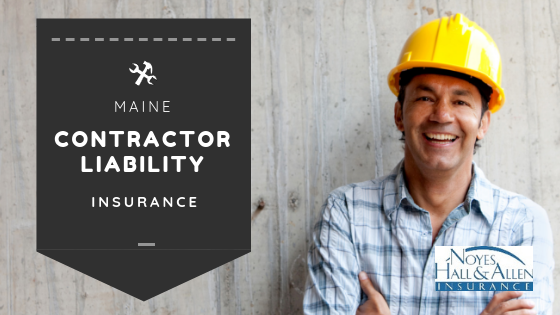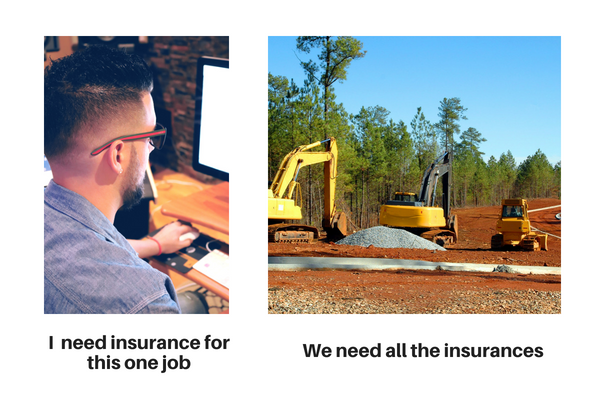Food trucks have roamed the streets of Portland Maine for several years. Now they’re popping up in places from Biddeford Saco to Westbrook, Scarborough to Freeport, Sugarloaf to Sunday River. Food truck insurance can be a challenge for an inexperienced insurance agent. Insurance companies know how to insure trucks. They know how to insure restaurants. But rolling restaurants are different.
5 Types of Insurance Every Food Truck Needs
-
General Liability Insurance
If someone breaks a tooth in a crabmeat roll or gets food poisoning after eating your product, they’re going to come back to you. GL coverage pays for these claims, as well as slips and falls and other injuries or damage that occur at your location.
-
Business Auto Insurance
If you get in an accident while you’re on the move, you need to have your food truck fixed and back online soon. If you’re at fault, you’ll also need protection to pay for the damage and injury you cause.
-
Workers Compensation Insurance
By law, you’re required to provide Maine workers comp coverage for your employees. If they’re injured at work or miss time due to an on-the-job injury or illness, workers compensation insurance pays them.
-
Business Property Insurance
You have a big investment in your inventory, fixtures and supplies, both at the commissary and on your food truck. Insurance can protect that asset against fire, theft, equipment breakdown and more.
-
Loss Of Food Truck Income
If your food truck is down, you have no income. What if your fryer malfunctions, causing a fire? You could be off the road for the whole summer season. Or what if your best brewery location or outdoor venue suddenly shuts down due to a fire, windstorm or some other disaster? Business income insurance for food trucks can help you replace the income you lose following property losses like these.
Get Maine Food Truck Insurance
If you have questions about insuring a food truck in Maine, contact a Noyes Hall & Allen insurancce agent in South Portland at 207-799-5541, or click “get a quote” above. We’ve insured food trucks since they first came to Maine. We offer a choice of Maine’s preferred insurance companies, including the Acadia Street Eats food truck program by Acadia Insurance. We’ll help you find an insurance solution that fits your business and your budget. We’re independent and committed to you.





